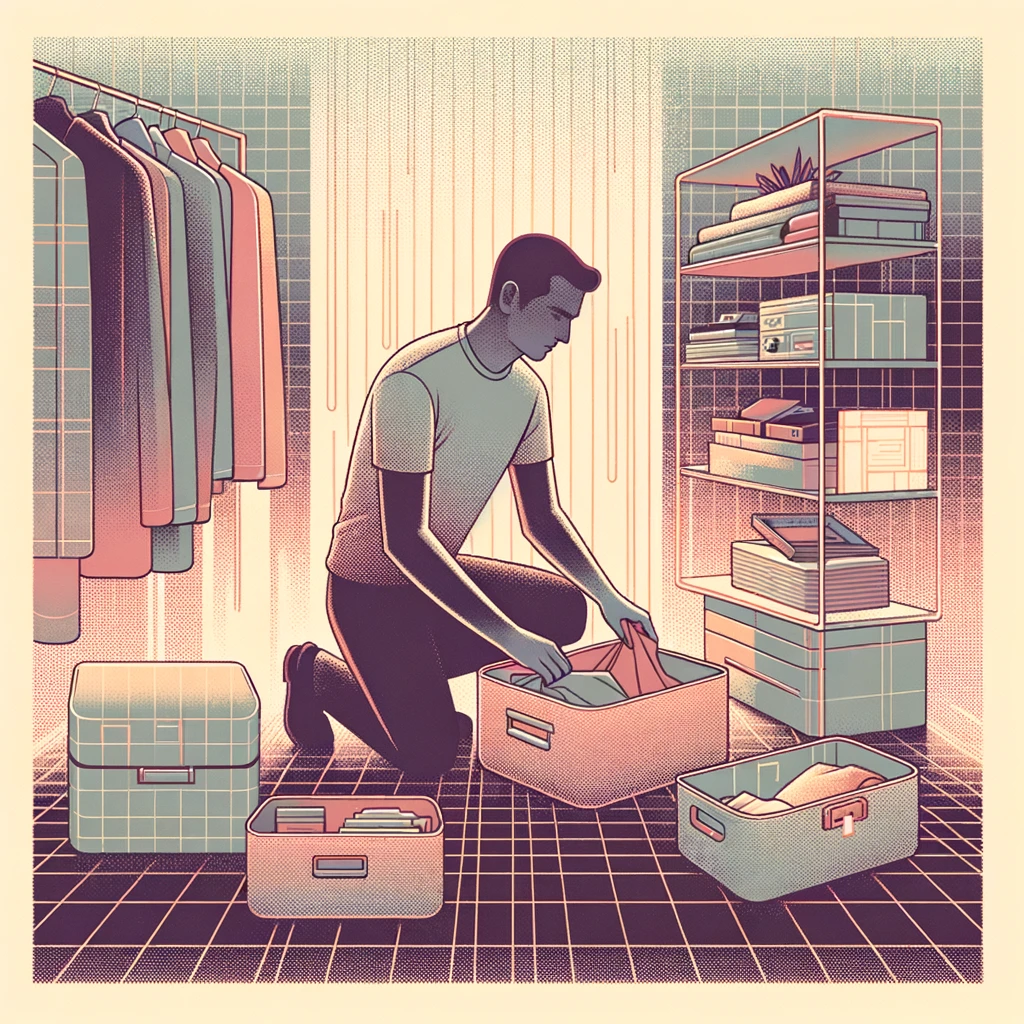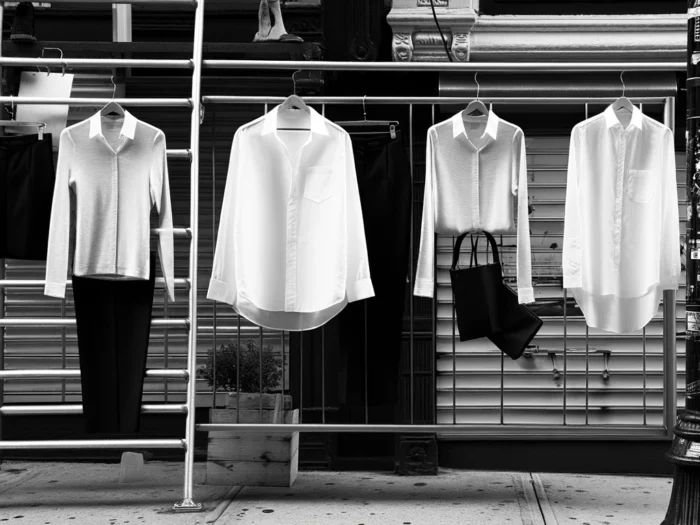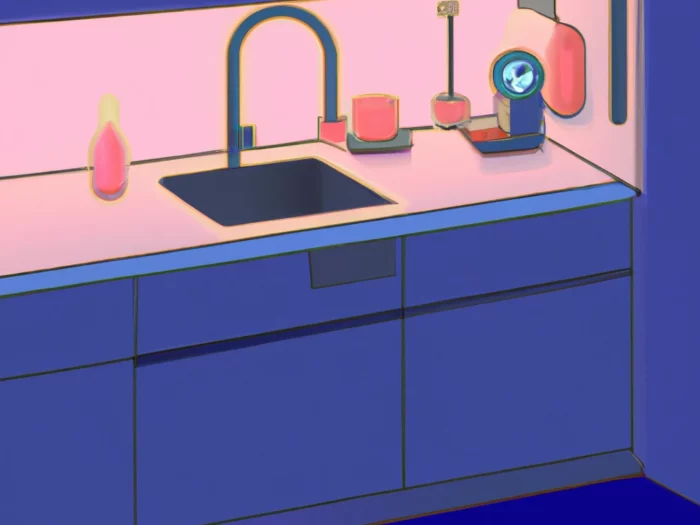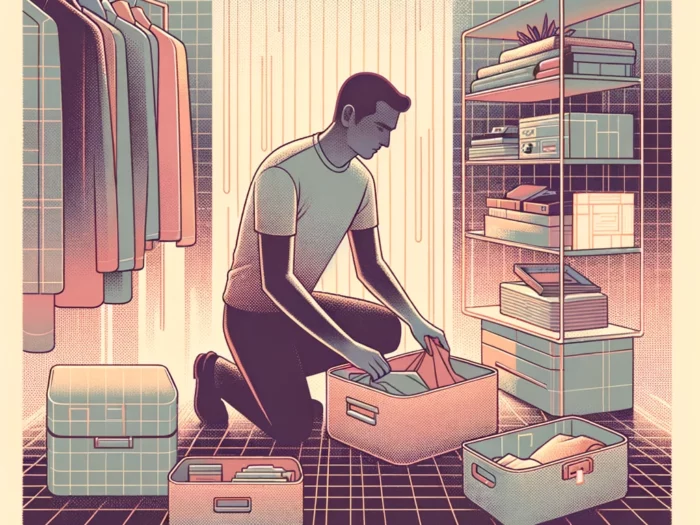Always wanting more is a mindset. We aren’t born with it. We’re taught. From a young age our parents gave us stuff. From a young age we made comparisons. We falsely learned that in order to be happy, we must have more. But that leaves you always wanting more. It’s a paradox. But there’s a way to break that mindset.
I’d sure like another guitar. A portable audio recorder would be nice. I’ve always thought it would be cool to have a little sailboat. Oh, and one of those teardrop trailers. And…
I’m sure most of you have a list of stuff you want. It’s pretty much the norm in our culture. Why? Because we’ve been trained to do that. Our parents, our friends, and the media all pull on us to prove our worth through what we own. That’s a lie!
Why Do You Want More?
Remember the time you got that job you’d been dreaming about for so long? Or the moment you finally got your hands on the latest smartphone you’d been eyeing? Those feelings of euphoria, the rush of accomplishment, the joy of new possession – it was all exhilarating, wasn’t it? So why do we chase these highs and always end up wanting more?
It is said that we humans are driven to survive, to thrive, and to seek pleasure. This instinctual behavior is encapsulated in what psychology calls the ‘hedonic treadmill’. We continually chase what we assume will bring us happiness, and when we have it, we set our sights on something new, something more. This cycle, like an endless hamster wheel, keeps us running.
Let’s dig deeper, shall we?
The Biological Factor
The molecular minuet inside our brains is part of the picture. We’re wired for reward. Each time we achieve or acquire something we desire, our brain releases dopamine, the ‘feel-good’ neurotransmitter. The catch? This pleasure is fleeting. Once the dopamine hit fades, we are left seeking the next ‘fix’, creating an endless loop of desire and satiation.
Social Conditioning
I recall a time when, as a child, I received a hearty pat on the back for coming first in the annual school race. The memory of the applause, the praise, and the sense of accomplishment still lingers. These experiences, fostered from a young age, condition us to associate recognition and achievement with more. The world around us advocates this too, with relentless messages of ‘bigger, better, more’.
The Illusion of More
Finally there’s the illusion of more equating to a better life, a bigger sense of self-worth. But this, my friends, is often a mirage. To illustrate, a wider pool doesn’t necessarily mean deeper waters. Our perceptions can trick us into a constant pursuit of more, leaving us running a race with no finish line.
Understanding why we always want more is the beginning of breaking this cycle. Coming to terms with our innate desires and social conditioning allows us to reckon with them and seek out strategies to counteract these tendencies. But where do we start? Stick with me, dear reader, as we unearth ways to quell this insatiable craving for more.
Is wanting more necessarily a bad thing?
Is wanting more, in and of itself, really a bad thing? Let me tell you a little story from my past that might help us unpack this question. Back when I was a child, my unending curiosity often begged for more knowledge. I’d spend countless hours with my nose in books, learning something about everything. In that context, wanting more–more understanding, more knowledge–was a good thing. It helped me grow, gain perspective, and feed my intellectual hunger. But equally, there were times when I didn’t know when to put the book down and enjoy the moment. To go and kick a ball about in the warm golden sunlight of a lazy Sunday afternoon. Wanting more robbed me of those precious moments of just being.
So, it seems wanting more isn’t inherently evil; it’s the imbalance that arises when our desire for more disregards the value of what we already have. With that in mind, wanting more can be both a gift and a curse, depending on the context and the consequences it brings.
Often, the quest for more can spark genius and innovation, pushing humanity forward. It’s the reason we have miraculous medical advancements, technological marvels, and awe-inspiring works of art. The desire for more–more knowledge, more meaning, more beauty–is what fuels progress. In this sense, wanting more is necessary. It’s a primal call to push beyond our current limitations and explore new frontiers.
Remember, it was the unquenchable curiosity of humankind that put a man on the moon.
Nonetheless, just as a coin has two sides, the desire for more can also lead us down a destructive path if not managed wisely. Wanting more can morph into an unhealthy obsession — always craving the latest gadget, the bigger house, the better job, the fuller bank account. And in this headlong rush, we often lose sight of the beauty of our present existence. This type of craving is more linked with our perception of what we lack rather than our actual needs. It’s in this context that wanting more can become detrimental to our peace, joy, and overall well-being.
Balancing the Scale
So, isn’t it all about balance? On one hand we have a desire for growth, a pull towards evolving, towards becoming more. And on the other, there’s an equally important need for contentment, for appreciating the present moment and what we already have. It may seem like a tightrope walk, but like all things in life, it’s about finding that golden middle, folding these two seemingly opposite desires into a harmonious existence.
Thus, one could say wanting more isn’t necessarily bad. It’s a nuanced, double-edged sword that needs to be wielded with wisdom and a well-rounded perspective. It becomes a matter of cultivating awareness and discernment, knowing when our yearning for more leads us toward growth and enrichment, and when it begins to hinder our happiness and gratitude for the life we lead right now.
How To Stop Wanting More: Start Here
You need to ask yourself a few hard questions. You need to reevaluate your priorities. Consider these:
- Your needs: How much do you really need? Throw want out the window and only consider needs. Be honest. It’s not much is it? Shelter, food, water, clothing, work, reliable transportation and communication, and a few simple furnishings could complete the list. Most everything else is actually extra, convenience. I’m not saying you have to live like a monk, but understand the difference between wants and needs. This is the first step to breaking the mindset of always wanting more.
- The environment: I know many people who claim to care about the environment. Some of these same people have four cars, a boat, and a motorhome. They buy a new tablet and cell phone every year. They purchase hundreds of products without considering from where the material to make those products came. Think about it: nearly everything is made out of plastic these days. Plastic is made from oil. Oil is a natural resource that’s being depleted. Plastics can take hundreds of years to break down. If you’re truly concerned with the environment, buy less stuff, and be aware of the contents in what you do buy.
- Your empathy for others: I know you’ve all heard it, but think about it: much of the stuff that we buy is made by slave workers in other parts of the world. It seems that 90% of department-store merchandise is made in China. What if it was your child, sibling, or parent working long hours in substandard conditions for low wages? Would you care? Of course! Have empathy. Put yourself into their shoes. Rather than always wanting more, consider boycotting companies that have unfair labor practices.
- True happiness: Stuff doesn’t equate happiness. How many times have you bought a shiny new gadget only to get bored with it? True happiness comes from within. You won’t find it in an iPhone or a new boat. You will find it in people and in positive experiences. Spend more time with people. Spend more time in nature. Spend more time being thankful for what you already have instead of always wanting more.
- Practical or artistic value: Living simple doesn’t mean you have to give up the things that serve practical purposes. It doesn’t mean that you have to give up everything that brings you pleasure. I have a dishwasher. It uses less water than doing dishes by hand. It saves me time. I can use that time to do something I love. I can spend more time with friends and family. I can play more music. I own a handful of musical instruments. They bring me hours of pleasure. I can entertain others. I can teach others how to play. That’s artistic value.
Change Your Thoughts About Stuff
If you change the way you think about stuff, you can break your mindset of always wanting more. Consider your needs, the environment, and others’ needs. Make a point to critically consider the products you purchase. Will they benefit you? Will they get used regularly? Are they environmentally-friendly? Where were they made? Who made them?
Stop always wanting more and start living with a little less.









